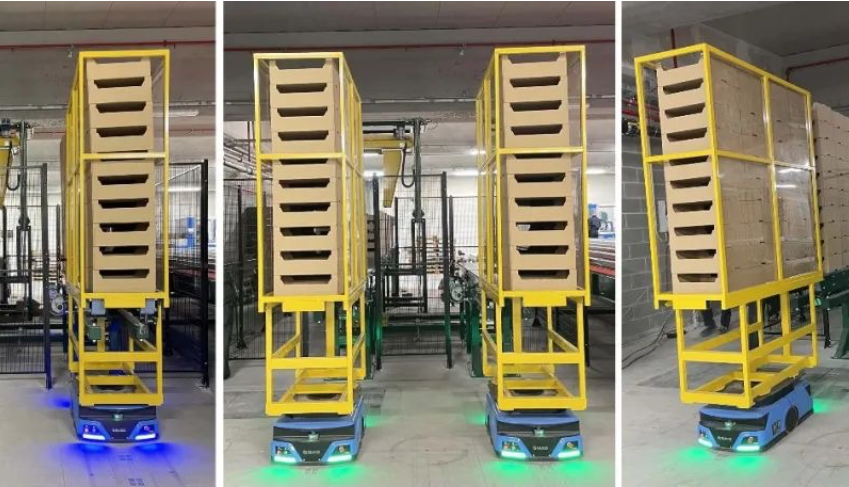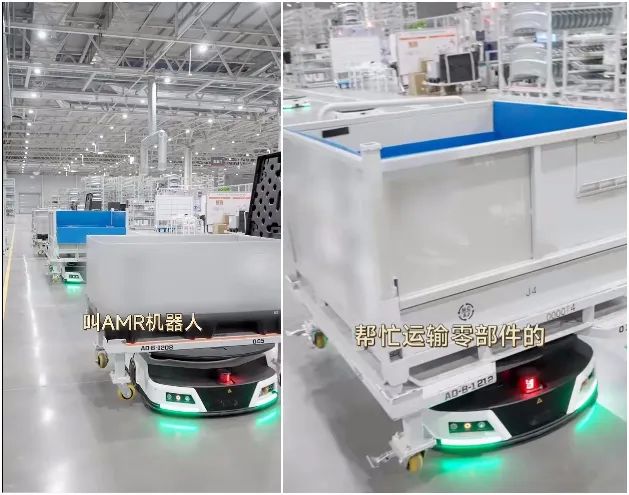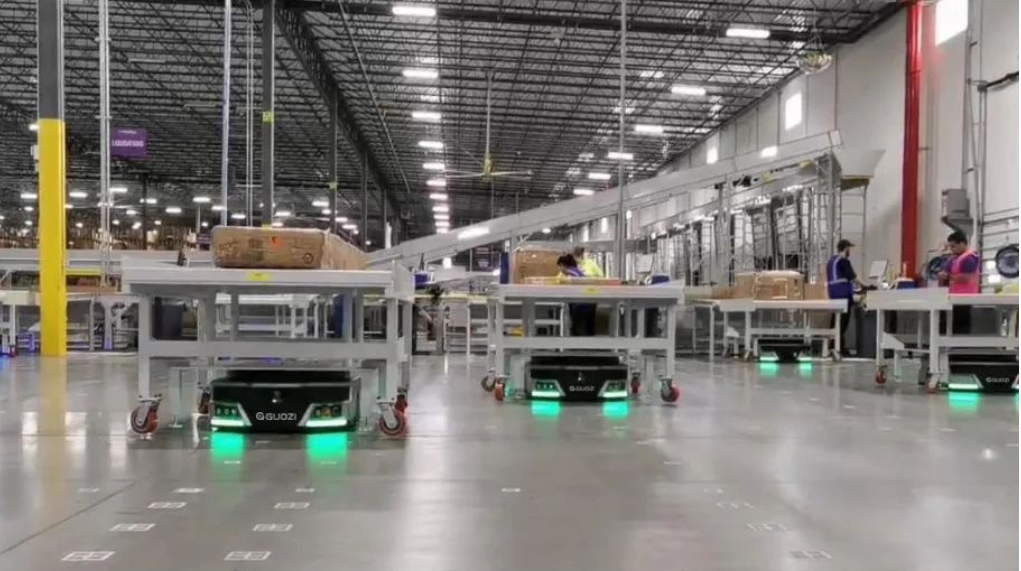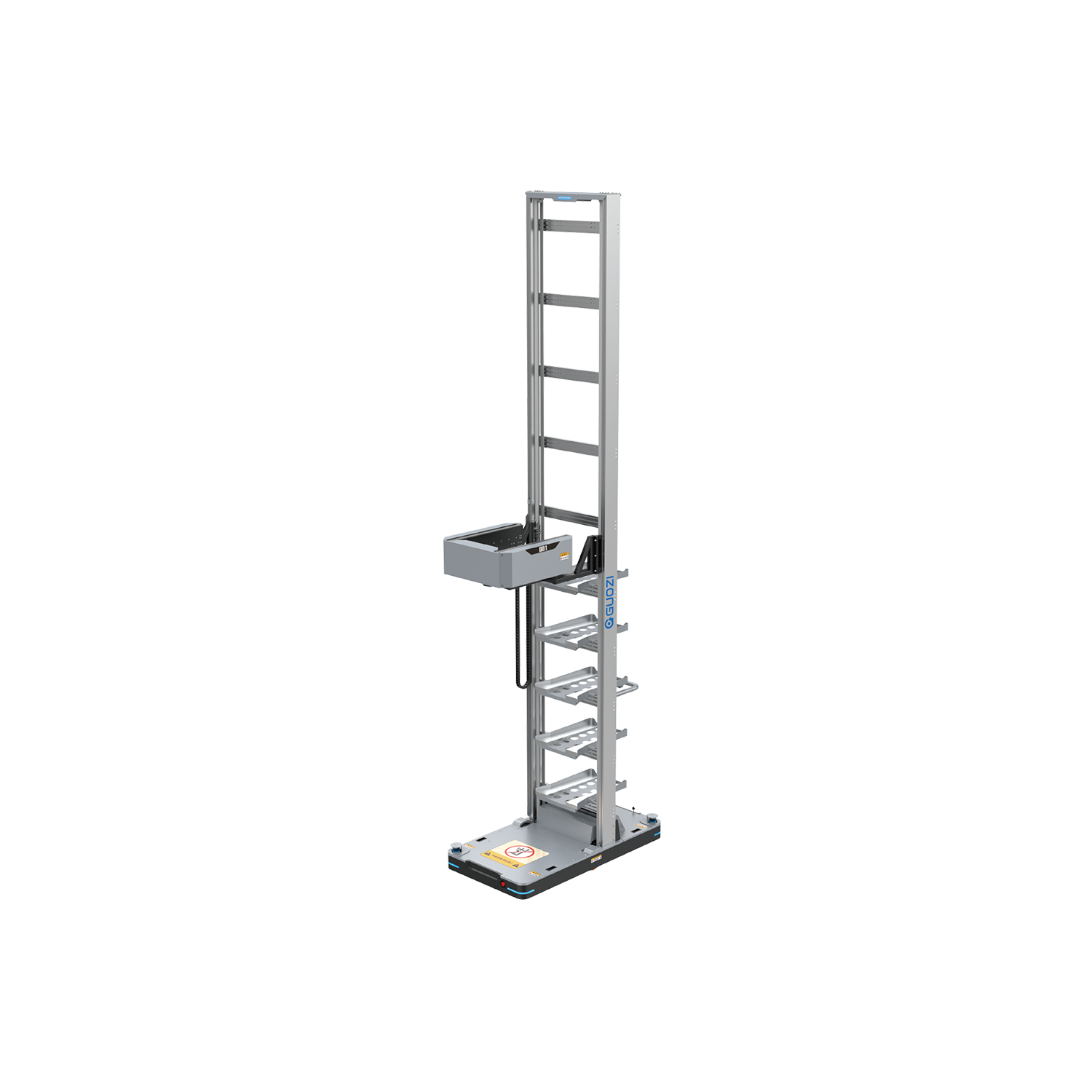With the continuous development of science and technology, the robotics industry has gained wide attention and application in China. Among the many robot application scenarios, lifting operation is an important link. The performance of the lifting pulley system, as a key component to realize vertical transportation, directly affects the efficiency and stability of the robot. This paper will focus on the application of lifting pulley system in the robotics industry and discuss its technical characteristics, application scenarios and development trends.
Lifting pulley system technical characteristics
1. High efficiency
The lifting pulley system adopts a precision transmission device, which has a small friction coefficient, making the robot lifting operation more efficient.
2. Stability
The pulley system is made of high-quality materials, with good wear resistance and anti-fatigue properties, which ensures the stability of the robot lifting operation.
3. Flexibility
The lifting pulley system can be modularized and combined according to different working conditions and load requirements to meet various application scenarios.
4. Safety
The pulley system is equipped with overload protection, limit switches and other safety devices, which can effectively prevent accidents due to operating errors or equipment failure.
Lifting pulley system in the robotics industry application scenarios
1. Logistics warehousing
In the field of logistics and warehousing, the lifting pulley system can be applied to the loading and unloading of goods on shelves, handling and other aspects to improve the efficiency of warehouse operations.
2. Intelligent Manufacturing
In the production line of the manufacturing industry, the lifting pulley system can be used with robots to complete the vertical transportation of raw materials, semi-finished products and finished products, realizing the automation of the production process.
3. Medical Services
In the medical field, the lifting pulley system can be applied to surgical robots, rehabilitation robots and other equipment to help improve the quality of medical services.
4. Construction
In the field of building construction, lifting pulley systems can be applied to concrete pouring, steel transportation and other links to reduce the labor intensity of the workers and improve the construction efficiency.
5. Sanitation and Cleaning
In the field of sanitation and cleaning, the lifting pulley system can be used in the process of garbage collection, transportation, etc., to improve the efficiency of cleaning work.
Trends in the robotics industry for lifting pulley systems
1. Lightweight
With the improvement of the performance requirements of the lifting pulley system in the robotics industry, lightweight has become the trend. Through the use of high-strength materials, optimized structural design and other means, the weight of the pulley system is reduced and the overall performance of the robot is improved.
2. Intelligent
Hoisting pulley system will be gradually integrated into the Internet of Things, big data and other technologies, realizing real-time monitoring of the state of the equipment, fault early warning and remote control, and providing intelligent solutions for the robot industry.
3. Integration
In order to meet the diversified application requirements, the lifting pulley system will be developed in the direction of integration, which will integrate the drive, control, sensors and other components into a single unit to simplify the structure of the robot system.
4. Standardization
Promoting the standardization of the lifting pulley system is conducive to lowering the manufacturing cost, improving product quality, and promoting the development of the robot industry.
The application of lifting pulley systems in the robotics industry is of great significance. With the continuous progress of technology, the lifting pulley system will better meet the market demand and provide strong support for the development of China's robotics industry. Enterprises should seize the opportunity to increase investment in research and development, to promote technological innovation of lifting pulley systems, and help the robotics industry to move to a higher level.








